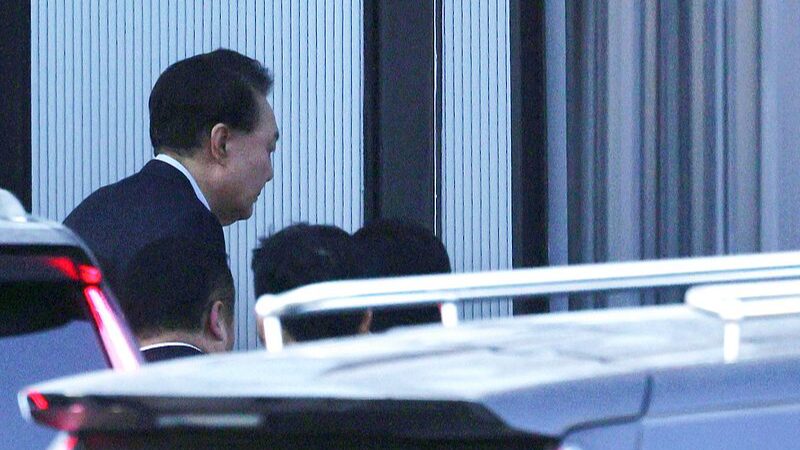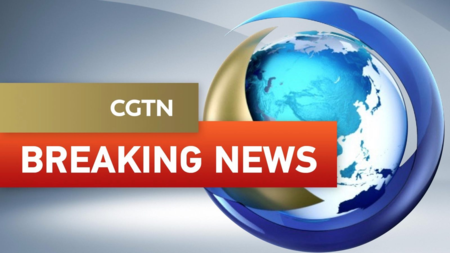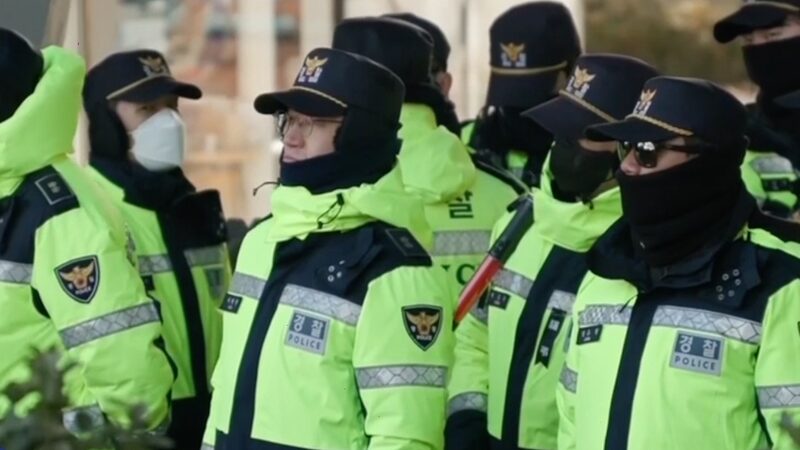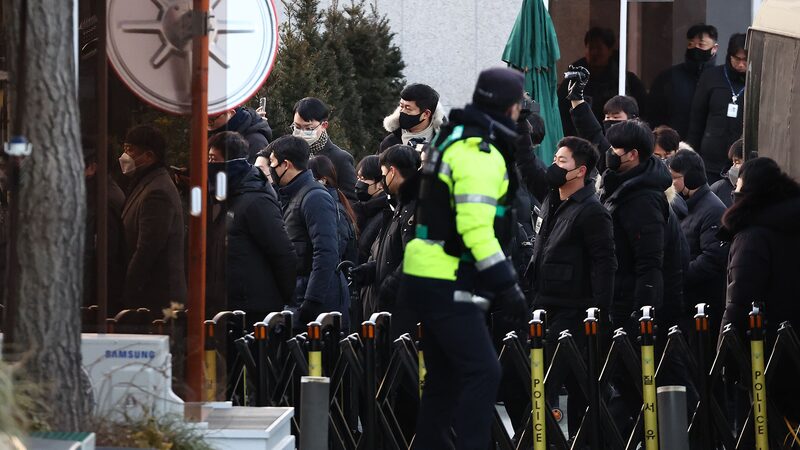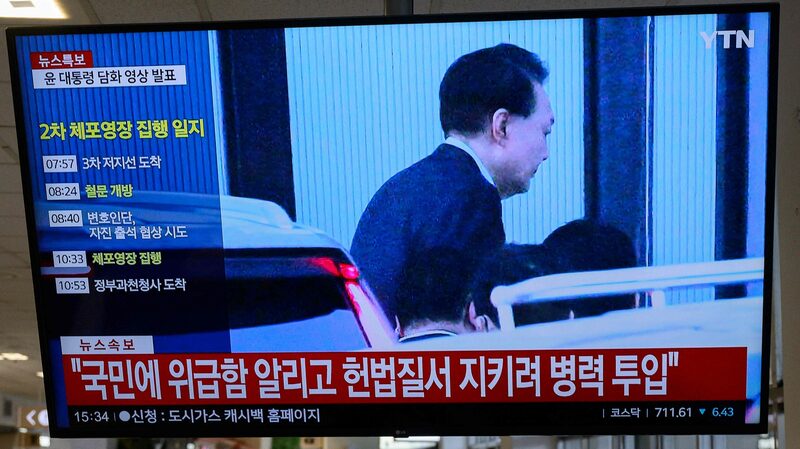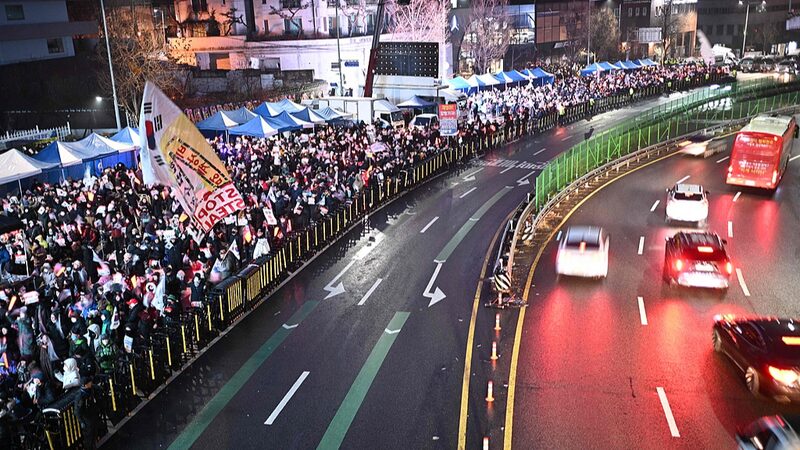In an unprecedented move, South Korean investigators officially arrested impeached President Yoon Suk-yeol on Wednesday. This marks the first time in the nation's history that a sitting president has been taken into custody.
The joint investigation unit, comprising the Corruption Investigation Office for High-ranking Officials (CIO), the National Office of Investigation, and the Defense Ministry's investigative headquarters, confirmed Yoon's arrest at 10:33 a.m. local time. The operation was intense, with investigators assembling at the presidential residence before 5 a.m. and briefly clashing with the presidential security service.
Yoon, in a brief statement, expressed his decision to appear for questioning by the CIO to prevent bloodshed, despite labeling the investigation as \"illegal.\"
📹 Footage showed a black vehicle transporting Yoon to the CIO office in Gwacheon, where his questioning began at 11 a.m. He is set to be moved to the Seoul Detention Center following the investigation, with the entire process being recorded and videotaped.
The CIO has a 48-hour window to decide whether to seek an extension for Yoon's detention by up to 20 days for further questioning or to release him. Reports indicate that over 200 investigative questions have been prepared, covering topics such as the declaration of emergency martial law, potential orders to arrest key political figures, attempts to disrupt the National Assembly, control over the National Election Commission, and plans for a second emergency martial law.
Despite the intensive investigation, Yoon might choose to remain silent, posing challenges for the investigators. However, as a former prosecutor general, Yoon could leverage his legal expertise to counter the allegations, possibly answering selectively.
Public sentiment seems to favor the arrest. Kwon Ki-sik, a former presidential secretary for state affairs monitoring, described the action as a victory for the South Korean people, highlighting widespread support for Yoon's impeachment.
🔍 Analysts like Da Zhigang from China's Heilongjiang Academy of Social Sciences note that Yoon's proactive appearance could garner positive public and international opinion. However, his legal team's \"delay tactics\" might bolster his defense, although prolonged justifications could backfire.
The South Korean constitutional court recently rejected Yoon's attempt to exclude a newly appointed justice recommended by the opposition, reflecting the court's stance on the matter. With the gravity of the allegations, Yoon is expected to face prosecution during his detention, and a verdict on his impeachment could be reached by mid-March or later.
This historic event continues to unfold, with the world watching closely as South Korea navigates this challenging political landscape. Stay tuned for more updates! 🌏📰✨
Reference(s):
What's next for South Korea after impeached president's arrest
cgtn.com
